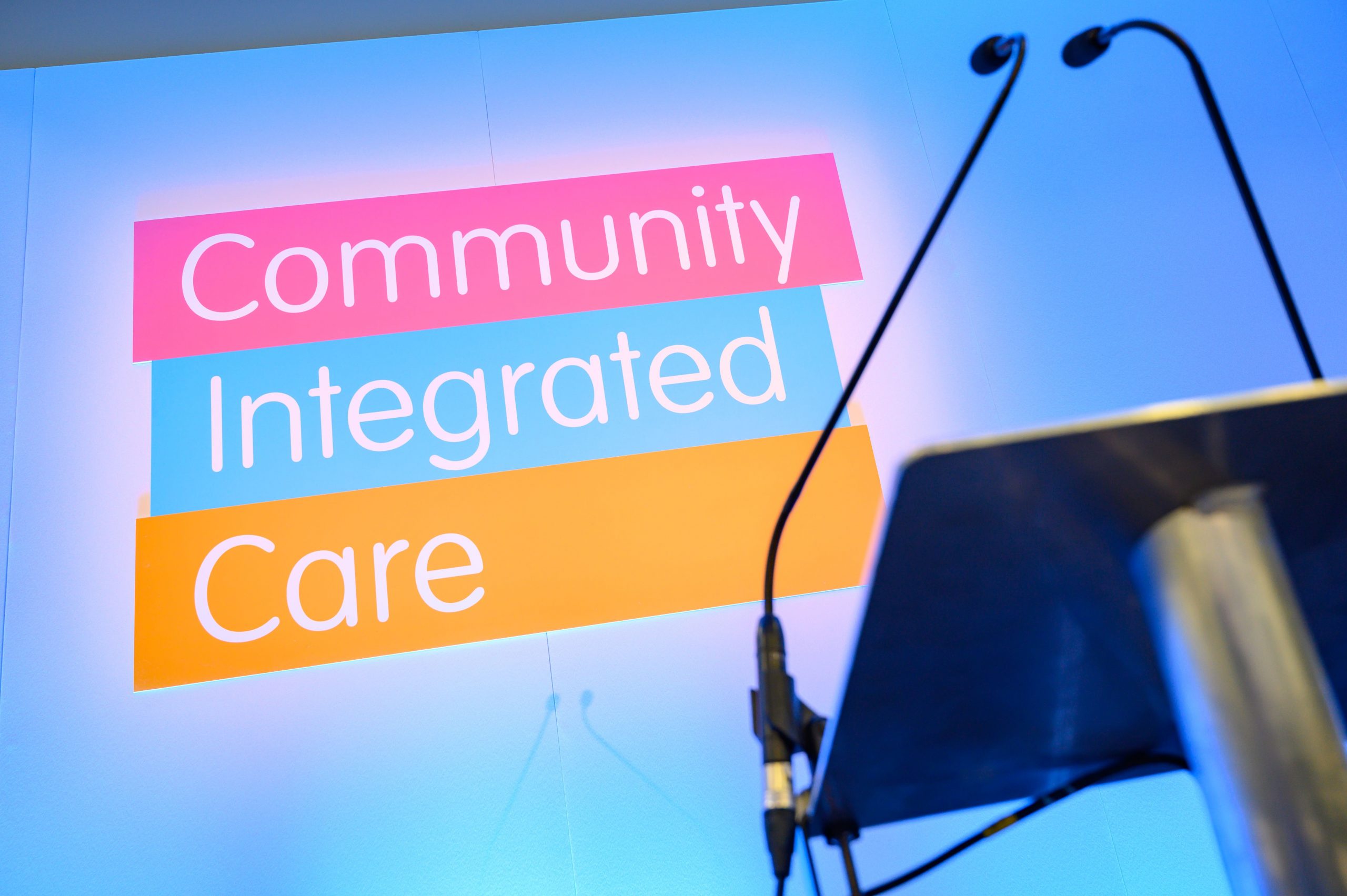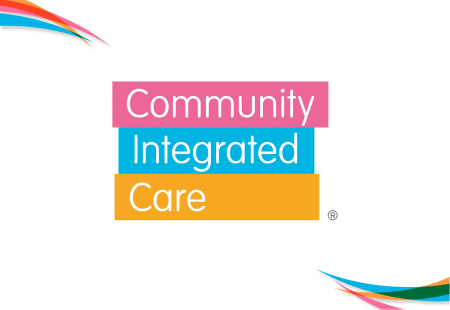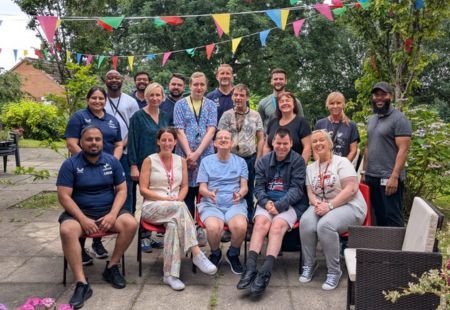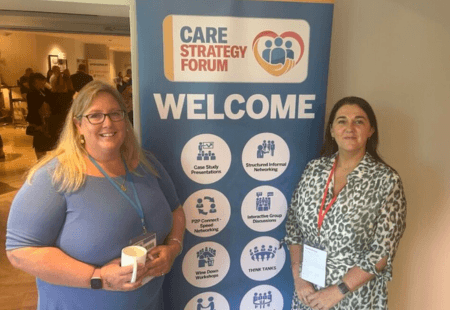

News
29/11/2019
Mark Adams: Standing Up For Social Care
As we enter the pivotal period where parties announce their manifesto pledges and hit the campaign trail for the 2019 General Election, Community Integrated Care was proud to make the case for political action in social care on BBC National News.
Featuring on BBC One’s flagship Six O’clock News and News at Ten broadcasts, I contributed to a special report looking at the funding challenges experienced by many social care services at a time of enormous financial constraints upon local authorities.
As a care provider that is privileged to support more than 3,500 people and has a 31-year heritage in helping to lead the social care sector, I felt a moral responsibility to stand up for our sector at this time. We absolutely need the public to understand why this is such an important political issue and for the parties to commit to real action, not more rhetoric. The only way that we can do this is by giving social care the airtime that it deserves.
For too long, the social care sector – and the communities that we exist to serve – have borne the brunt of a lack of resource, strategy and action. Perhaps finally, this can be the year when things change, by bringing social care front and centre into the public debate.
Time For Change
The human, and indeed the economic cost, of the systemic failures within the social care sector have been consistently overlooked by Westminster. The long-awaited Social Care Green Paper has been repeatedly been kicked into the long-grass by consecutive governments. It is not too cynical to suggest this it is easier to defer such politically-charged matters, in an era of coalition and minority governments.
We need to see this moment as an opportunity to start an honest dialogue with the public: are you happy with what you are witnessing, or do you think that we have all have a role in championing a change?
It cannot be right that the persistent restrictions on social care funding means that many people will often be paid significantly more for working in a supermarket or a fast food restaurant, compared to those who have the unenviable personal responsibilities of delivering care. Individuals with the passion, talent and skills to work in care cannot, in many cases, afford to remain in the sector – and so we suffer a constant challenge to recruit.
In some settings an hour of care costs the same as a coffee and a sandwich, a bed in a care home can be relative to a budget hotel. We know that across the nation, there is the need to develop new and better services that promote greater quality of life.
We need to ask ourselves, what matters? Who do we want to provide our care? How do we value the lives of others? How would we like others to value our lives?
Hope For The Future
The good news is that there are emerging models of care and new innovations that can improve lives and reduce expenditure to the public purse. The solutions, to a degree, are in right front of us – we just need unity and political will, as well as individuals with influence having the personal fortitude to stand up for what is right.
We know that the upfront investment in preventative and community-based care services can ultimately reduce expense, whilst also enhancing quality of life. It is obvious that the demands placed on families means that many are unable to work, as they dedicate themselves to their caring responsibilities. If the personal toll of this crisis doesn’t strike a chord then surely, at some point, the economic toll will?
It is clear that times are tough, and we recognise the challenges facing government and see the shifting political landscape. We are not holding a begging bowl out to government, we are offering a helping-hand. Listen to providers like ours: we have the expertise, innovation and models of care to create effective, efficient and life-changing care that can see individuals thrive, whilst also delivering the social and economic impact that is needed in our communities.
Care providers, local government, and society at large is fragmented, but we need to come together behind this common cause. This is an issue that affects all of us and we can only fix it together.
We’re looking forward to seeing how the political parties set out their stalls for the future of social care….










